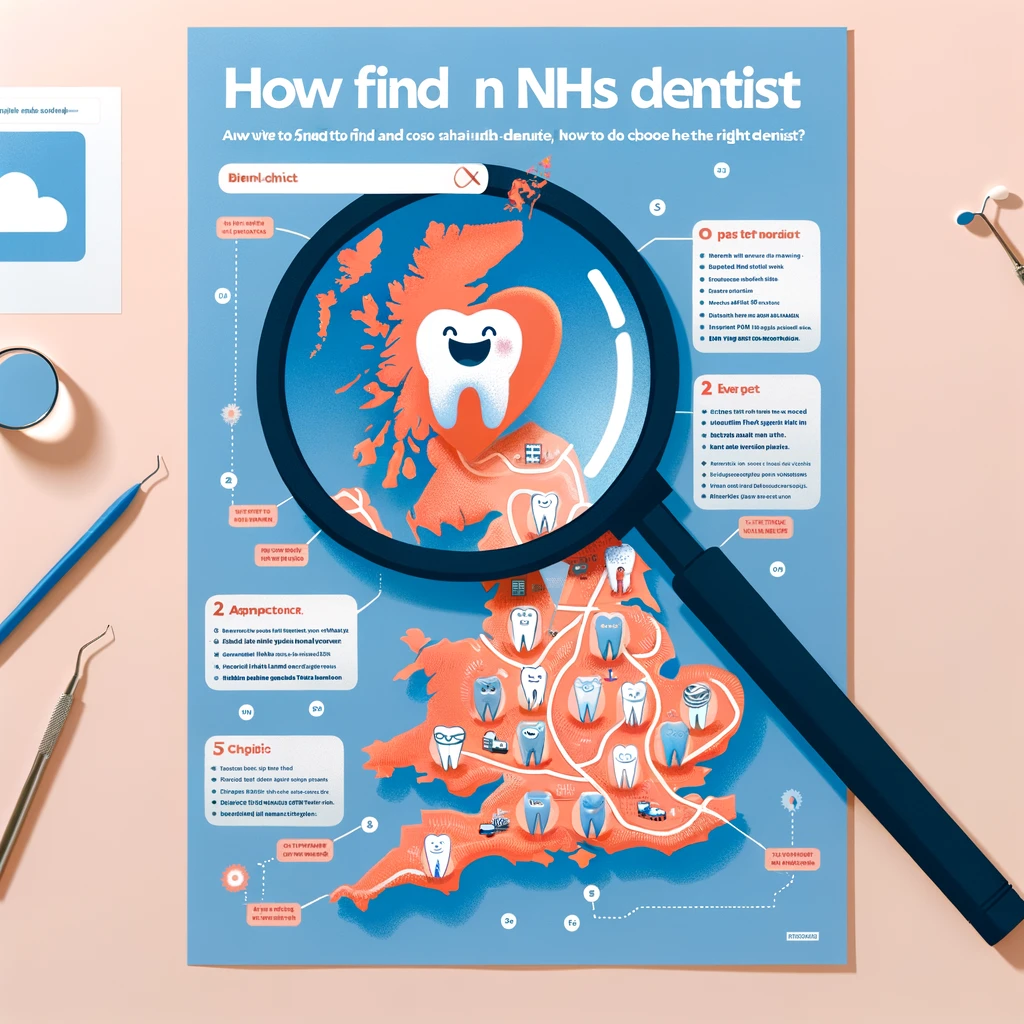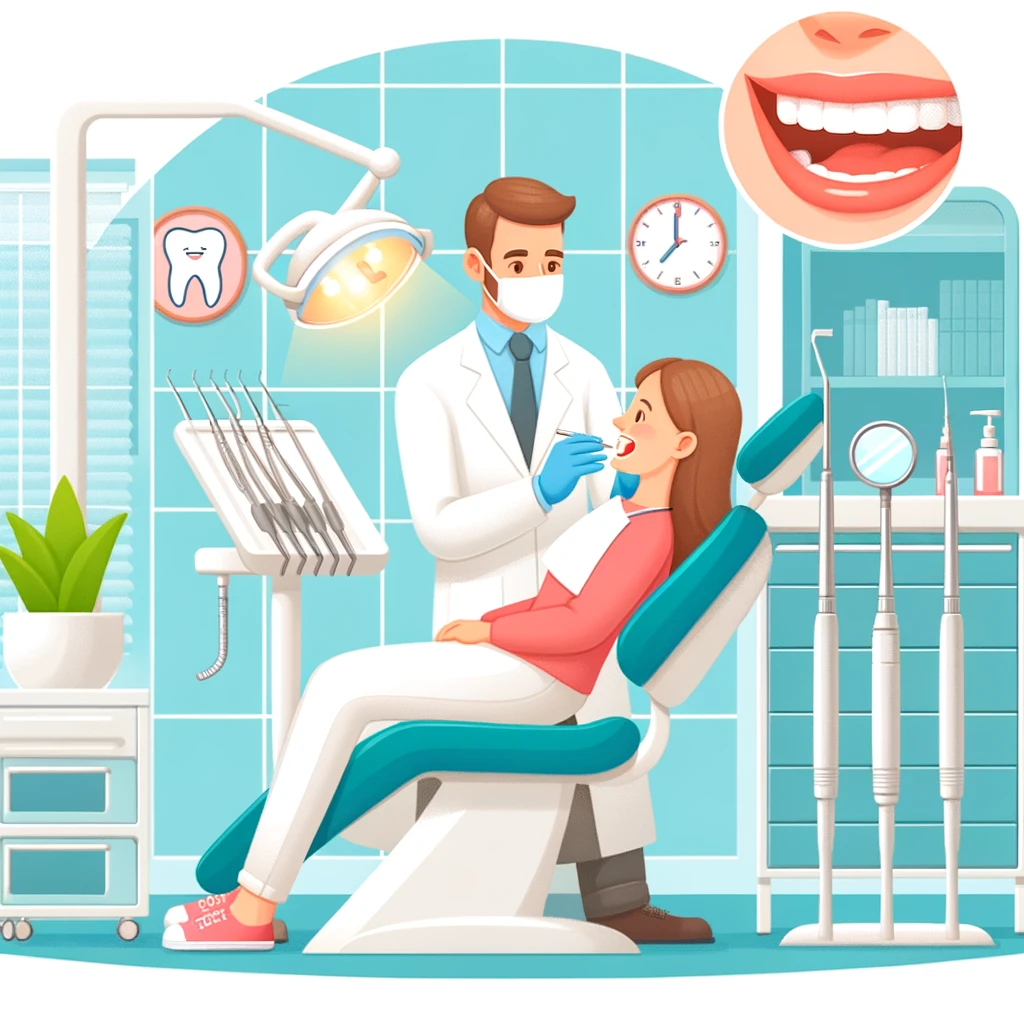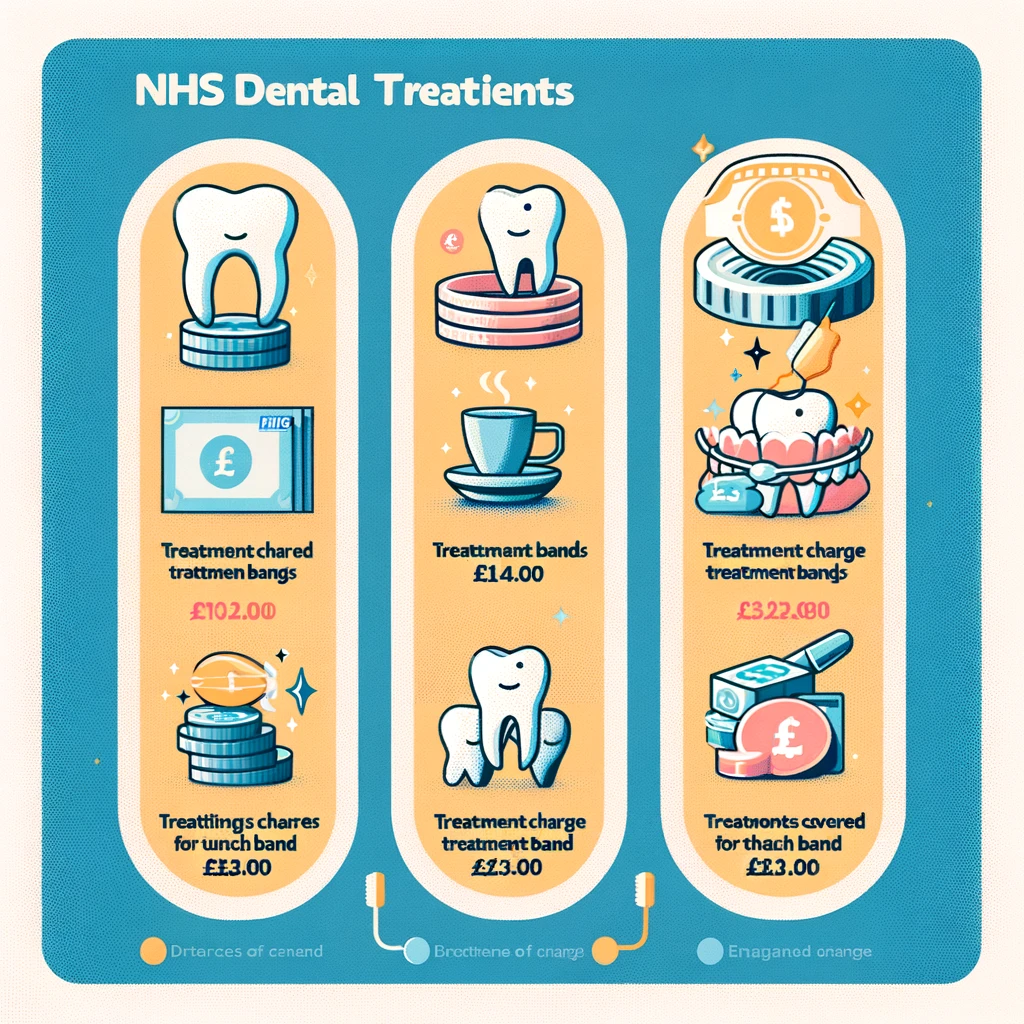Introduction to NHS Dentistry
Understanding NHS dental services is crucial for accessing affordable and quality dental care. The National Health Service (NHS) in the United Kingdom provides a wide range of dental treatments to maintain oral health and treat dental issues effectively.

Eligibility and Access to NHS Dentistry
Eligibility for NHS dental services varies. Generally, UK residents are entitled to NHS dental care. Specific groups, such as children, pregnant women, and those receiving certain benefits, may access free or discounted treatments.
Understanding NHS Dental Charges
The NHS categorizes dental treatments into bands, each with a fixed charge. Band 1 covers basic examinations, diagnoses, and preventive advice. Band 2 includes treatments like fillings and extractions, while Band 3 encompasses more complex procedures such as crowns and dentures.
Finding an NHS Dentist
Locating an NHS dentist in your area requires research. Utilize the NHS website or contact local dental practices to inquire about NHS availability.

Making an Appointment
Once you find an NHS dentist, making an appointment usually involves a phone call or an online booking system. Be prepared to discuss your dental history and current concerns.
What to Expect During Your First Visit
Your first NHS dental appointment will typically involve a thorough examination, assessment of your oral health, and a discussion of any necessary treatments.
Preventive Dentistry on the NHS
NHS dentistry focuses on preventive care. Regular check-ups, cleanings, and patient education on oral hygiene are integral parts of NHS dental services.
Treatments Covered by the NHS
Most common dental treatments are available under the NHS. This includes fillings, root canal treatments, extractions, and preventive care such as fluoride varnish application.
Emergency Dental Care on the NHS
In case of a dental emergency, NHS urgent dental care services are available. It’s important to contact an NHS dentist or NHS 111 for guidance and to arrange an emergency appointment.
Cosmetic Dentistry and the NHS
NHS dental treatments primarily focus on health rather than aesthetics. Cosmetic procedures, such as teeth whitening, are typically not covered by the NHS.

FAQs
- How do I know if I’m eligible for free NHS dental treatments? Eligibility for free treatments depends on age, pregnancy status, and certain benefit entitlements. Check with the NHS or your dentist for specifics.
- Can I receive orthodontic treatment on the NHS? NHS orthodontic treatment is usually only available for children with a clear health need for it. Adults might receive it in exceptional cases.
- What should I do if I’m not registered with an NHS dentist? You can still access emergency care. Contact NHS 111 or a local NHS dentist for guidance.
- How often should I have an NHS dental check-up? Your dentist will recommend a check-up schedule based on your oral health needs, typically every 6 to 24 months.
- Are dental implants available on the NHS? Dental implants are rarely available on the NHS and are usually only offered in specific circumstances, like severe jaw injuries.
